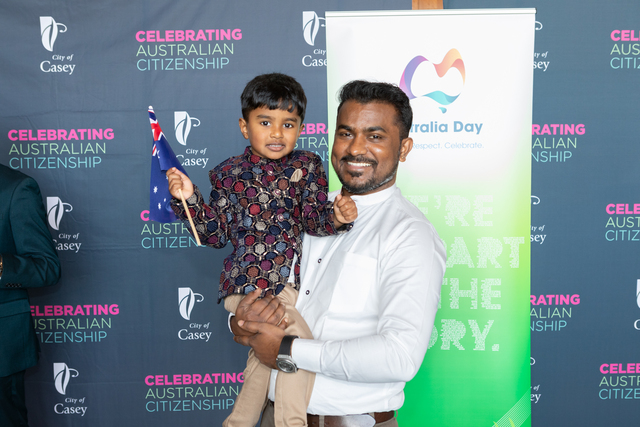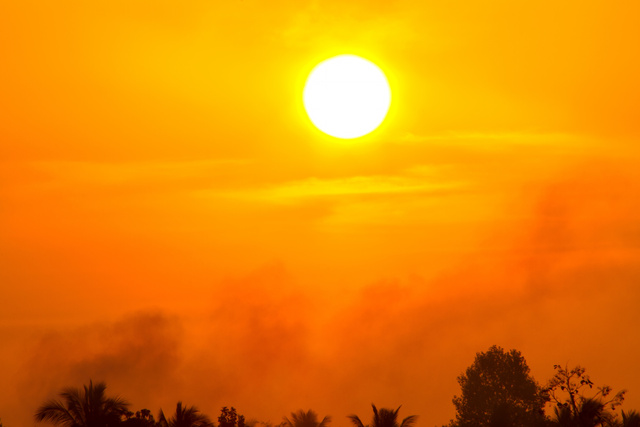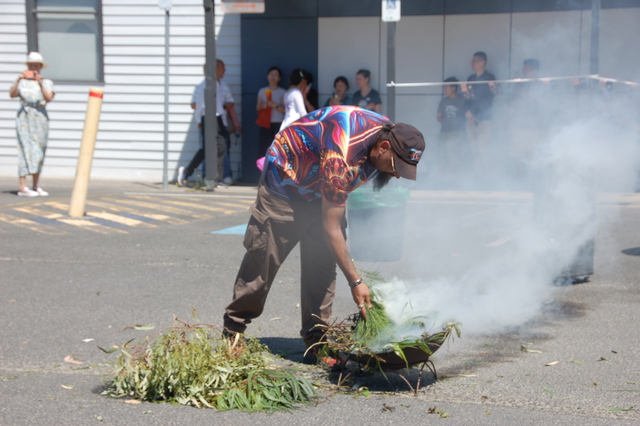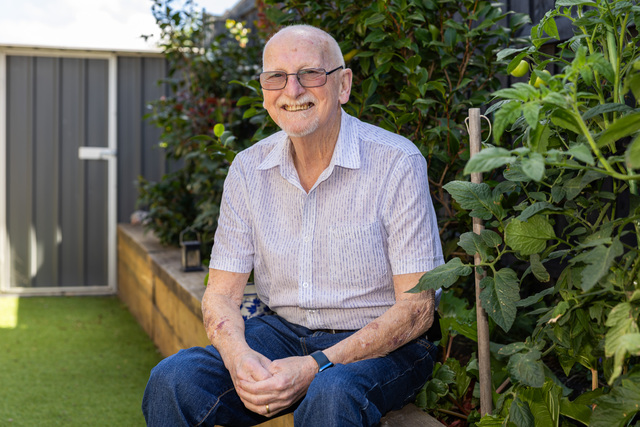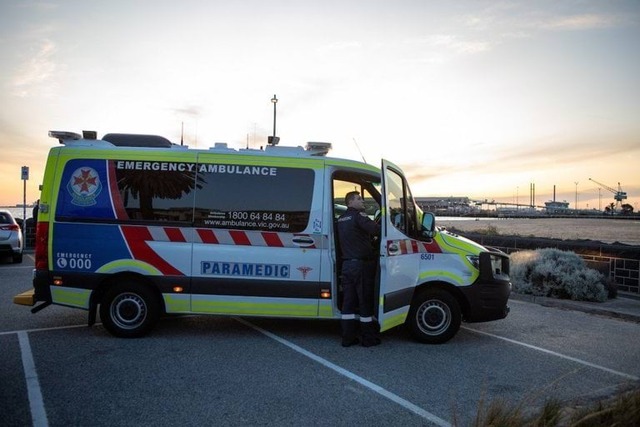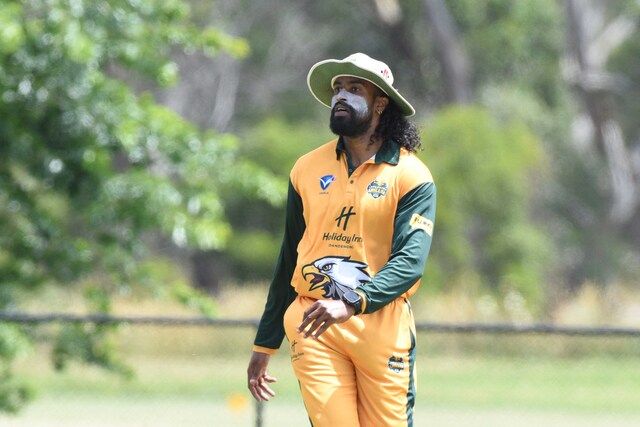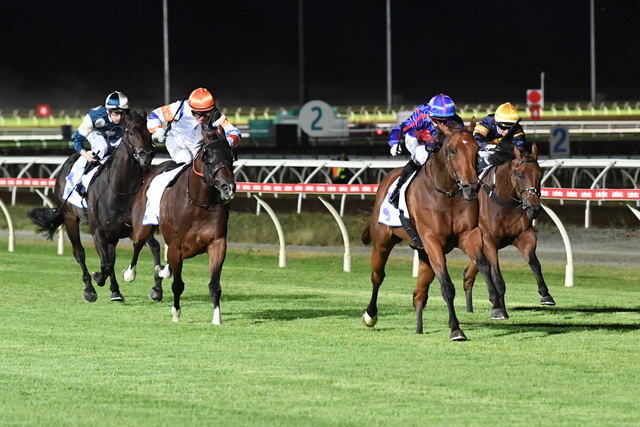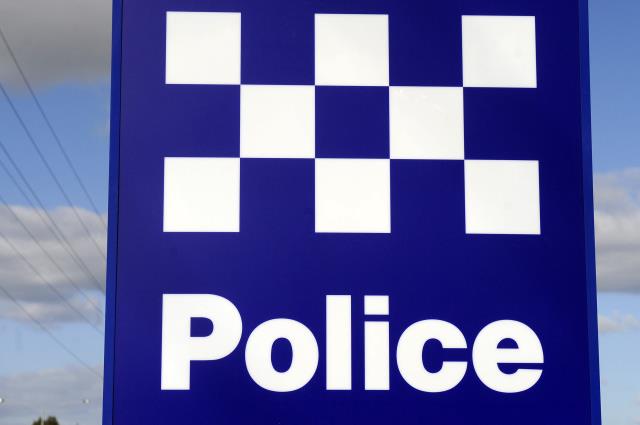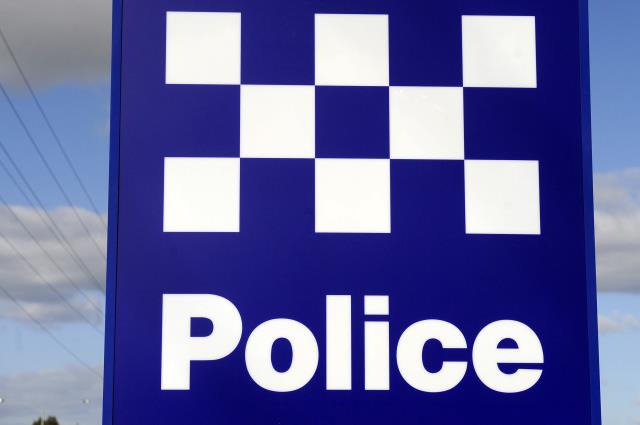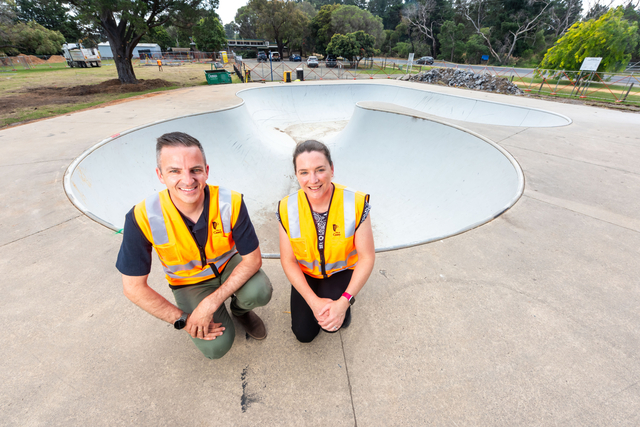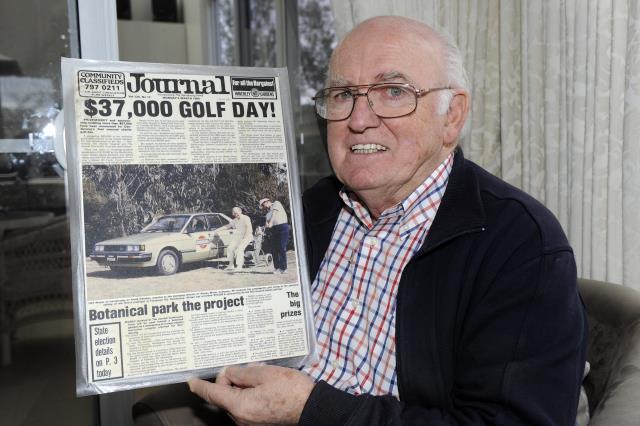By CAM LUCADOU-WELLS
HAZARA refugee and photojournalist Barat Ali Batoor says Muslims, refugees and asylum seekers are among those suffering from recent Islamist terrorist attacks.
Mr Batoor, as guest speaker at the Southern Migrant and Refugee Centre (SMRC) AGM on 18 November, gave condolences to victims of recent atrocities including in France, Lebanon and Kenya.
He also referred to seven Hazaras “brutally slaughtered” by militants in Kabul three days before the recent Paris massacres.
Among the victims, who had been kidnapped several months ago, was a nine-year-old girl.
The violent groups responsible for the killings did not portray “true Islam” and would cause more challenges to refugees and asylum seekers in Europe and Australia, he said.
“Real” Muslims’ lives were being adversely affected by these terrorists.
Like other refugees who had fled persecution, Mr Batoor felt the “pain” that afflicted those victims and their communities.
Mr Batoor’s own Hazara community had suffered persecution in Afghanistan and even in their “safe haven” in Quetta, Pakistan, for more than a century, he said.
At great danger, he returned to his birth place of Quetta to document the perils his people faced.
A trailer of his resulting film Batoor: A Refugee Journey, which is soon due for international release, was shown at the AGM in Dandenong.
The film shows grieving families with horrific tales such as body parts being found on top of buildings after a terrorist bomb blast, and a busload of people being attacked by gunmen.
“People of the Hazara community want to find a way out of there,” Mr Batoor told the gathering.
“Their story is my story.”
SMRC chairman Brian Oates said Mr Batoor presented the “reality” that refugees and asylum seekers were trying to escape from.
“Where do they go if you turn them away?”


